Human population is growing rapidly, disproportionate to food supply, which necessitate production of more volume of food in the near future. The reliance on insecticides for quick and dramatic results was not totally free from adverse effects. This book intends to fill the gap by providing a critical analysis of different management strategies that have a bearing on agriculture, sustainability, and environmental protection. This book emphasizes the management strategies with evaluation of each strategy in the bigger picture of ecologically driven pest management. This book includes 24 chapters, which cover ecological and biorational basis of pest management, integrated pest and disease management, crop breeding for resistance, use of entomopathogenic nematodes and other agents, remote sensing, biosecurity issues, risk to biodiversity by exotic species, new and emerging pests of horticultural crops, saffron and stored grains, the role of extension technologies in dissemination of IPM and, future challenges and strategies.
The book is aimed to serve as reference book for teachers, researchers, extension officers, and policy makers associated with IPM. This book can also be used as supplementary reading material in undergraduate and postgraduate courses. This book provides a multidisciplinary IPM perspective to entomologists, plant pathologists, extension educationists, anthropologist and economists.

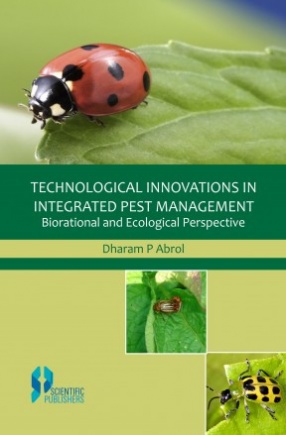
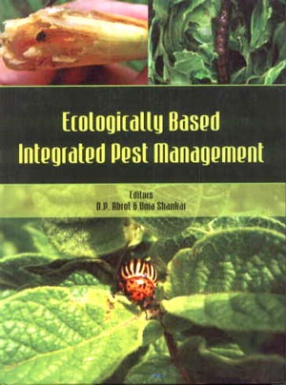
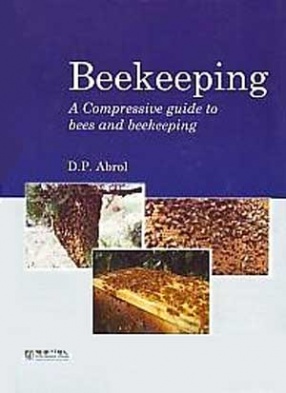
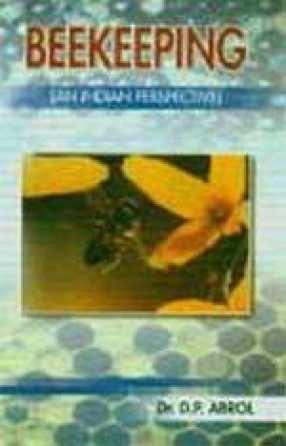


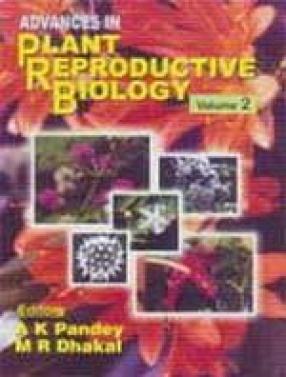
There are no reviews yet.